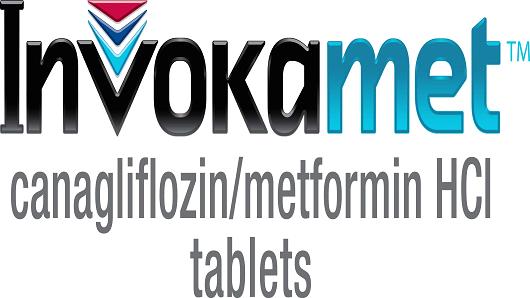Ended soon

Federal health advisers have expressed their support for a groundbreaking vaccine designed to protect newborns from respiratory syncytial virus (RSV). RSV is known to cause respiratory distress in infants and has had a particularly severe impact in the United States in recent times. Pfizer, the pharmaceutical company behind the vaccine, has developed a unique approach to combat the virus by administering a single injection to pregnant women between the 24th and 36th weeks of pregnancy. The aim is to allow the mothers to produce RSV-fighting antibodies that can be passed on to their babies, offering protection against the virus.
In a comprehensive international study involving nearly 7,400 pregnant women, Pfizer’s vaccine demonstrated an impressive 82% effectiveness in preventing severe cases of RSV during the first three months of the infants’ lives. The protection remained at 69% at the six-month mark. Although the vaccine’s safety has been a topic of debate due to a slight variation in premature birth rates between vaccinated and non-vaccinated mothers, Pfizer has assured that no safety concerns have been identified. The company intends to continue monitoring the vaccine’s real-world usage to gather additional evidence.
The potential approval of Pfizer’s vaccine for pregnant women would represent a significant milestone in the ongoing efforts to combat RSV. Just earlier this month, the US Food and Drug Administration (FDA) granted approval to a rival RSV vaccine developed by GSK, specifically designed for older adults who are also at high risk. However, no vaccine is currently available for children, although Pfizer has plans to initiate testing for a pediatric version in the near future.
While RSV generally manifests as a common cold in healthy individuals, it can have severe consequences for young children, often leading to hospitalizations and, tragically, even deaths. By preventing the most severe outcomes, Pfizer’s vaccine has the potential to substantially reduce the number of infant hospitalizations and doctor visits resulting from RSV infections.
It is important to note that Pfizer’s vaccine does not aim to prevent RSV infection altogether, but rather to minimize the severity of the illness. Late-stage testing of the vaccine demonstrated fewer instances of severe RSV illness in infants born to vaccinated mothers during their first three months of life compared to those born to mothers who received a placebo. Furthermore, the vaccine was shown to decrease the likelihood of requiring medical attention for RSV-related issues by the time the infants reached six months of age.
Pfizer estimates that widespread vaccination among pregnant women could prevent thousands of infant hospitalizations and doctor visits each year. The vaccine has exhibited a favorable safety profile, with mild injection-site pain and fatigue being the most commonly reported side effects. Although the study did identify a slightly higher rate of preterm births among vaccinated mothers, this discrepancy was not statistically significant and may have occurred by chance.
The FDA is expected to announce its decision regarding the approval of Pfizer’s vaccine for older adults in the near future, with a separate decision regarding its usage in pregnant women anticipated in August. Meanwhile, GSK is actively preparing for the fall immunization campaign with its RSV vaccine for older adults. Discussions are ongoing to determine whether the vaccine should be administered to all older adults or solely those at high risk. Furthermore, researchers are exploring additional advancements in RSV prevention, including monthly doses of a protective drug for high-risk infants during the RSV season.



